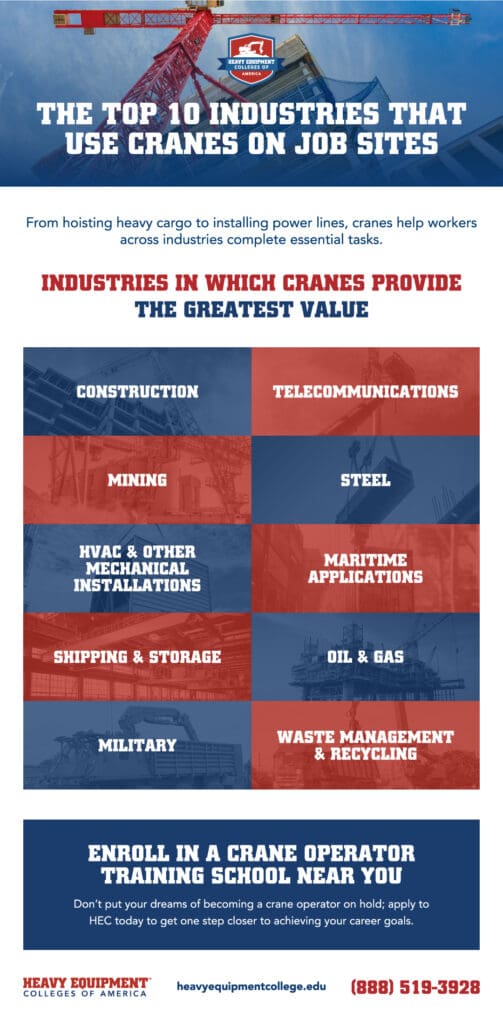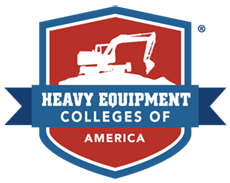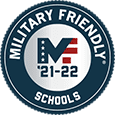From hoisting heavy cargo to installing power lines, cranes help workers across industries complete essential tasks. Given the weight of cranes and the intricacies involved in operating them, proper training is key to safe and efficient use.
Keep reading to learn more about the industries that use cranes, what tasks cranes are used for, and how the crane training programs at Heavy Equipment Colleges of America will prepare you for a career as a crane operator.
Table of Contents
Industries in Which Cranes Provide the Greatest Value
1. Construction
Cranes are used in the construction industry to complete various residential and commercial projects. They’re used to hoist metal framing, remove trees, and even transport other heavy equipment like bulldozers and excavators around job sites. Cranes are popular for building because they’re quick, versatile, and cost-effective.
2. Telecommunications
Cranes are used in the telecommunications industry to install, repair, and maintain telecom equipment, including satellite dishes and telephone wires. They help keep these systems operational for professional and personal use.
3.Mining
Mining workers use cranes to extract, load, and transport materials. For example, they’re used to load coal onto trucks, remove dirt and rocks to dig tunnels, and load and unload ore cars.
4. Steel
The steel industry uses cranes to load and unload raw materials and transport heavy pieces of steel for construction purposes. Cranes are also used to move products between locations in manufacturing facilities to minimize downtime and enhance productivity.
5. HVAC and Other Mechanical Installations
HVAC equipment and other household mechanical equipment can be heavy and difficult to transport manually. Cranes come in handy because they can easily install and relocate these units, protecting technicians, homeowners, and business owners from injuries.
6. Maritime Applications
The maritime industry involves the transportation of extremely heavy cargo and water vessels. Cranes make moving these large, heavy objects in and around ports much easier and safer. Specialized cranes are even used to build various types of ships, from commercial shrimping boats to cruise ships.
7. Shipping and Storage
Warehouses, distribution centers, and other commercial facilities use cranes to load and unload shipping containers, transport materials between locations, and hoist heavy objects for storage. Just one crane on these job sites can help save time and money while preventing various injuries.
8. Oil and Gas
Oil and gas companies must meet certain safety standards to remain operational and avoid compliance violations. These safety standards apply to the types of cranes used on oil and gas rigs. Any cranes used must comply with relevant safety regulations to reduce the risk of injury and equipment damage.
9. Military
Various branches of the military use cranes to perform maintenance, transport heavy objects, and build new infrastructure. Crawler cranes, for example, are used to build ports and excavate materials from quarries while heavily armored cranes are used to handle materials for combat missions.
10. Waste Management and Recycling
Waste management and recycling facilities must manage materials carefully to protect workers and the environment from hazardous materials that could cause long-term consequences. Landfills, recycling centers, and waste management plants use mobile cranes to transport materials safely. Some modern cranes even run on electricity instead of gas to improve air quality on the job site and in the surrounding area.

Why Crane Operator Training Is Important
- Proper Training
Crane operator training teaches operators the fundamental features and functions of various crane types. Operators learn about things like load capacities, inspection and maintenance procedures, how to avoid overhead obstructions, how to handle emergency situations, and how to postpone or cancel a lift. This training helps operators use cranes safely to reduce the risk of accidents. - Specialization
OSHA requires operators to be certified to operate specific crane types, such as tower cranes or crawler cranes. This specialized training ensures operators know how to operate cranes safely on their job site. Crane training programs like those at HEC equip students with the knowledge and skills they need to obtain these certifications. - Safety
Crane operator training is essential for safe crane operations. Proper training decreases the number and severity of crane accidents such as tipping, crushing, and dropping loads. It also prevents equipment damage and reduces the number of fatalities that occur on job sites that use cranes. - Career Advancement
Employers across industries want employees who know how to operate cranes safely and effectively. It gives them peace of mind that the job will be done right the first time and other workers will be protected from common hazards. Completing crane operator training and obtaining your crane certification will provide you with the expertise and hands-on experience employers are looking for. This solid foundation will help you land the job you want and be well-positioned to negotiate a higher salary.
Enroll in a Crane Operator Training School Near You
Don’t put your dreams of becoming a crane operator on hold; apply to HEC today to get one step closer to achieving your career goals.
Our heavy equipment training programs combine classroom instruction with hands-on training to provide students with the knowledge and experience required to obtain their crane certification. Plus, all our programs are accelerated and can be completed in as little as three weeks so you don’t have to put your life on hold. Start the enrollment process to see why HEC is the right heavy equipment school for you.




